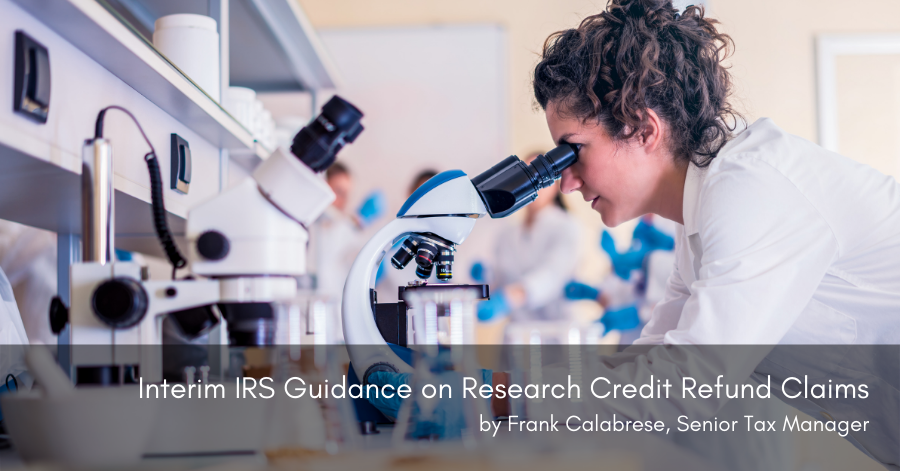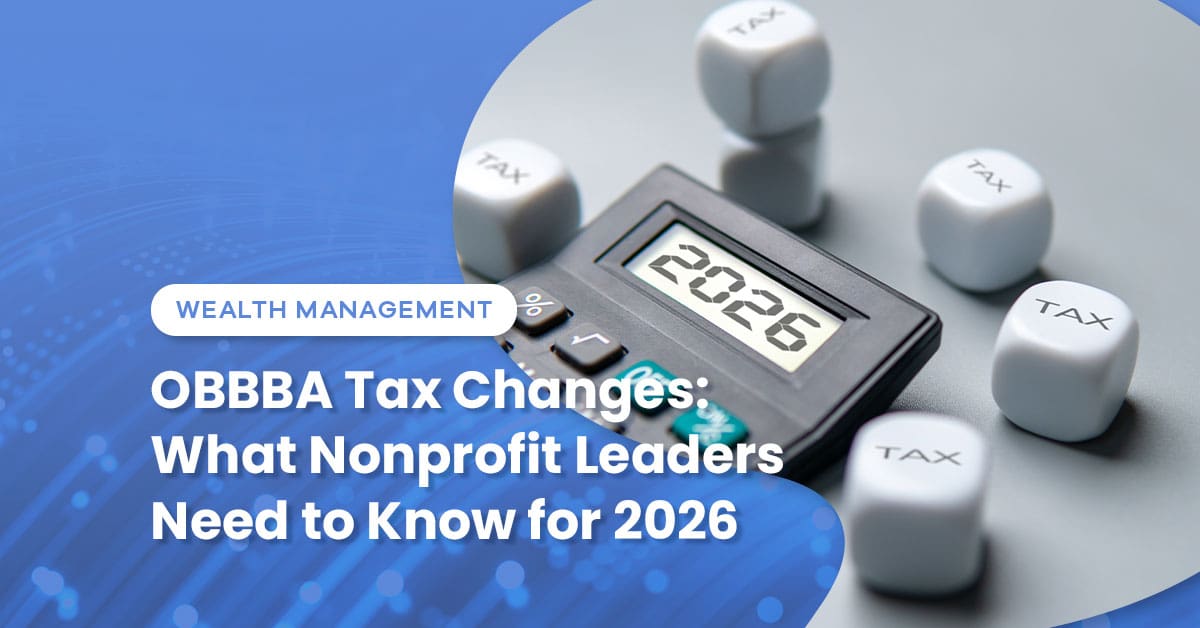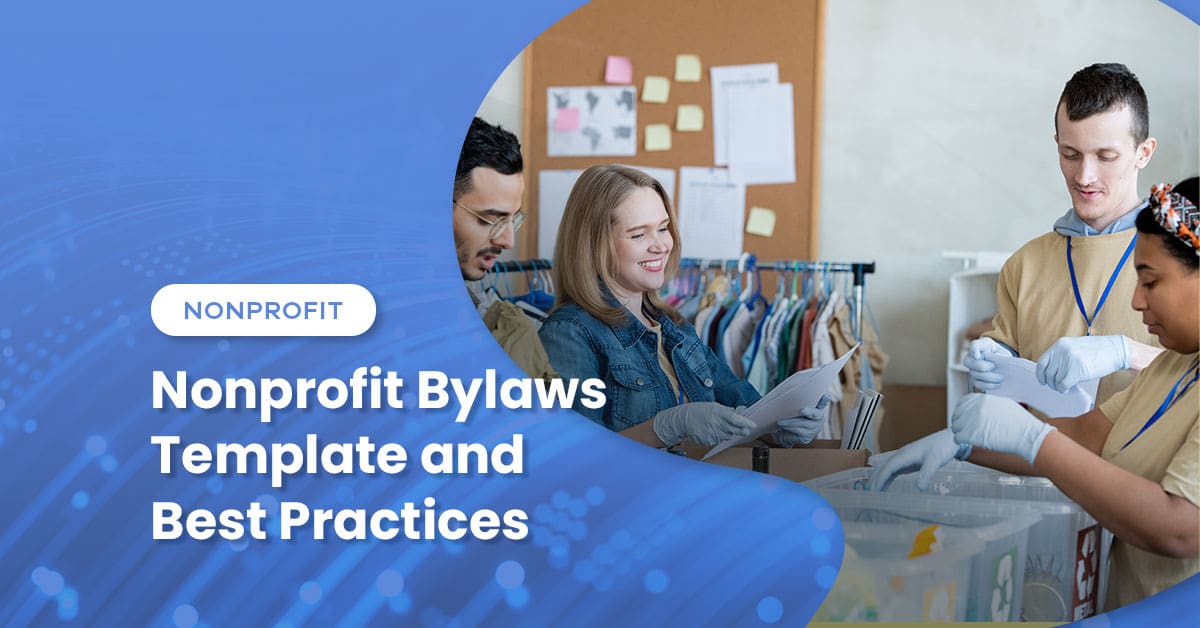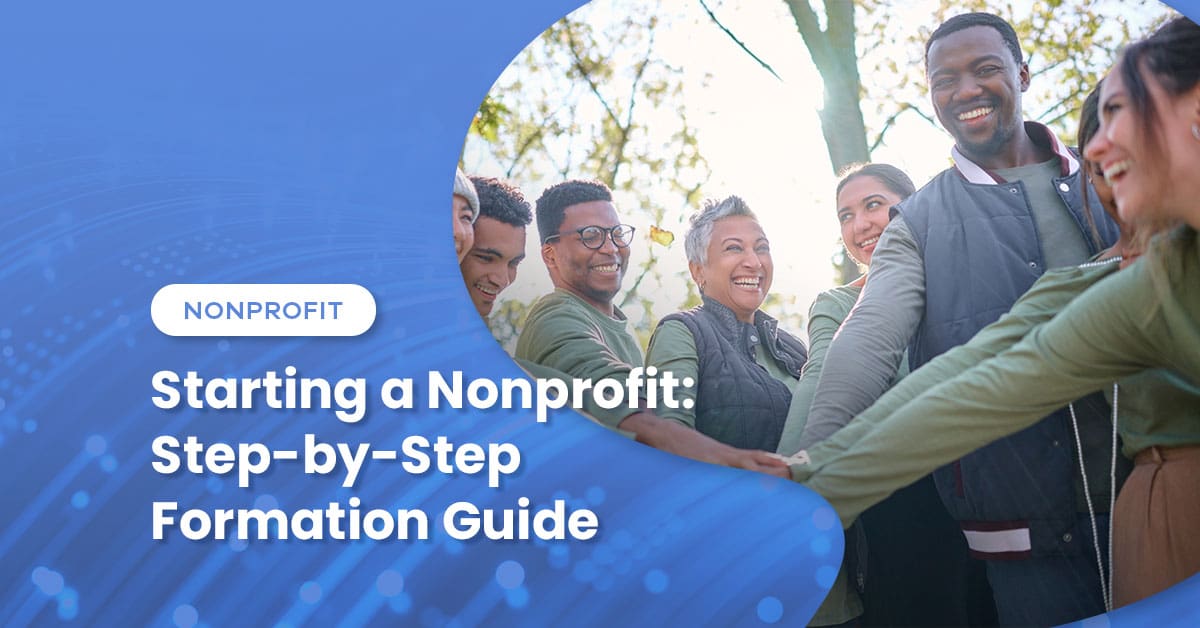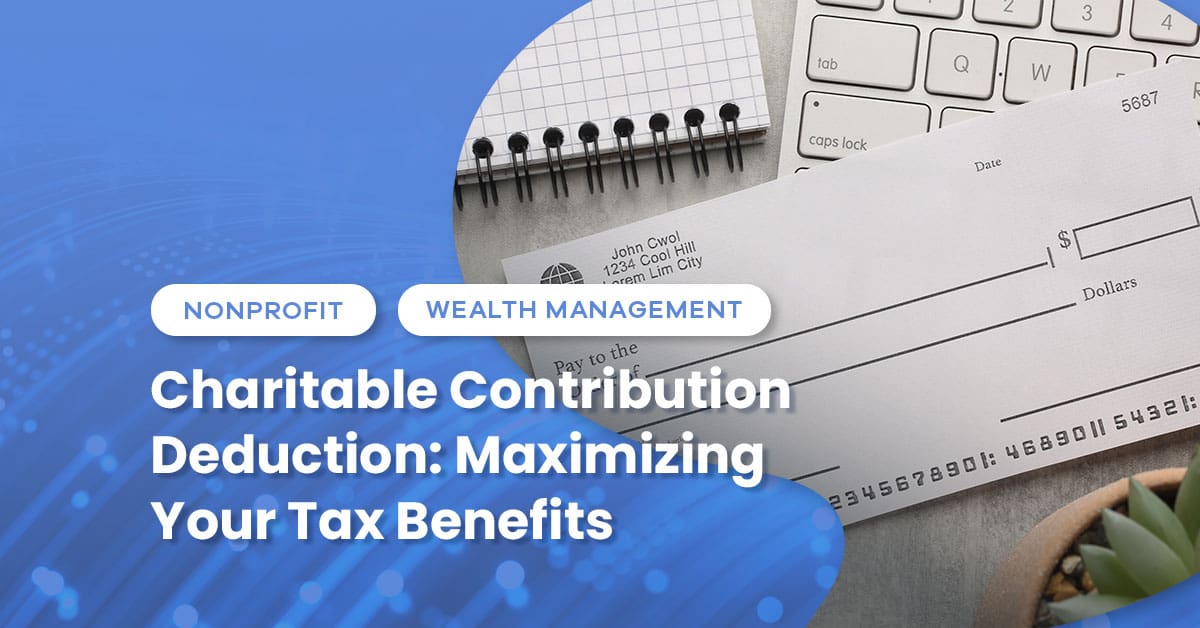Many exempt organizations face significant costs from the requirement of providing audited financial statements every year. These expenses could otherwise be directed toward advancing the charitable mission.
The updated non profit audit requirement in NJ helps relieve some of that burden by raising the audit threshold and excluding certain in-kind contributions from revenue calculations.
Key Updates to New Jersey’s Nonprofit Audit Law
On January 18, 2022, Governor Phil Murphy signed Bill No. 844 and 2533, revising financial reporting rules for exempt organizations under the Charitable Registration and Investigation Act (N.J.S.A. 45:17A-24(d)(2)).
The law:
- Raises the nonprofit audit threshold from $500,000 to $1 million in annual revenue.
- Excludes in-kind contributions directly tied to a nonprofit’s mission from revenue totals.
- Extends certain reporting and filing requirements under N.J.S. 15A:4-5.
What This Means for Nonprofits
Effective immediately, any New Jersey nonprofit with annual monetary donations exceeding $1 million must file audited financial statements prepared by an independent CPA along with its annual disclosure report.
Examples of in-kind donations excluded from the threshold include:
- Food donated for food pantries or shelters
- Supplies for housing and shelter programs
- Other mission-related contributions approved by the Attorney General
These exclusions ensure that mission-critical non-monetary support doesn’t unfairly push nonprofits above the new audit requirement.
Why the Change Matters
By raising the audit threshold to $1M, the updated non profit audit requirement in NJ allows many smaller organizations to save on audit expenses while maintaining compliance. That savings can be redirected toward programming and services rather than administrative costs.
Need Guidance on Compliance?
Understanding the nuances of the non profit audit requirement in NJ can be complex. If you need more assistance, please contact Diana Miller, Partner, or Eitan Balloul, Tax Manager – Exempt Organizations for tailored guidance.
More information on the new legislature can be found here.
Frequently Asked Questions
1. What happens if a NJ nonprofit doesn’t meet the audit requirement when required?
Failing to file an audited financial statement when required can lead to penalties, loss of charitable registration, and potentially bar an organization from soliciting donations in the state until compliance is restored.
2. Are there financial reporting requirements for NJ nonprofits below the $1 million audit threshold?
Yes. Organizations with annual gross receipts over $25,000 but less than $1 million must file an annual financial statement certified by an officer, even if an audit isn’t required.
3. What are examples of in-kind donations that don’t count toward the $1 million threshold?
In-kind donations excluded from the threshold include goods or services directly tied to the nonprofit’s mission, such as food for pantries, supplies for shelters, or services permitted by the Attorney General. These must be reported, but don’t push the gross receipts over the audit requirement.
4. Does this new law change federal or grant-related audit requirements?
No. Nonprofits that receive and spend $750,000 or more in federal (or qualifying state) grant awards are still required to have audits under specific federal (Uniform Grant Guidance) or state rules, regardless of the $1 million state threshold.
5. If an audit isn’t required, are there alternatives for demonstrating good financial controls?
Yes, organizations may voluntarily conduct a financial review or compilation performed by an independent CPA. These can provide some assurance to boards and donors and are less costly than full audits.





 Previous
Previous

